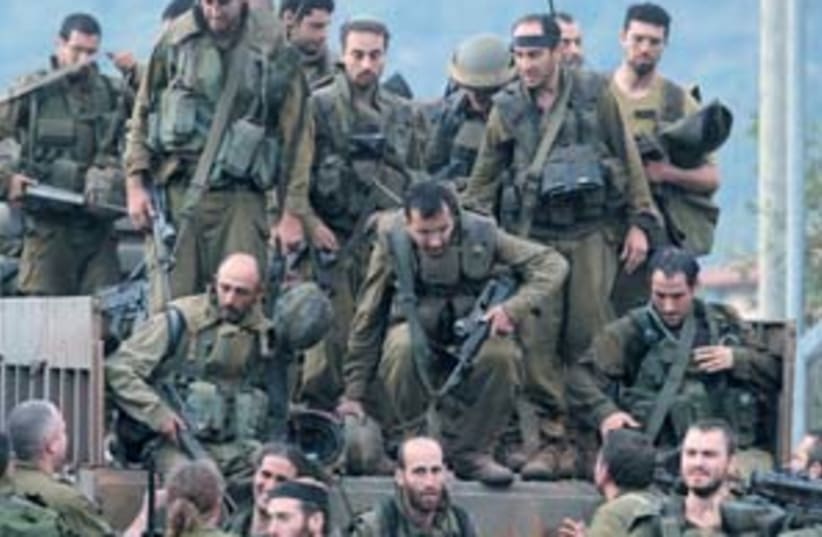The writer is editor of The International Jerusalem Post. liat@jpost.com
My Word: Out but not over
Israel left Lebanon 10 years ago, but can the Lebanese experience truly be removed from the Israeli psyche?

The writer is editor of The International Jerusalem Post. liat@jpost.com